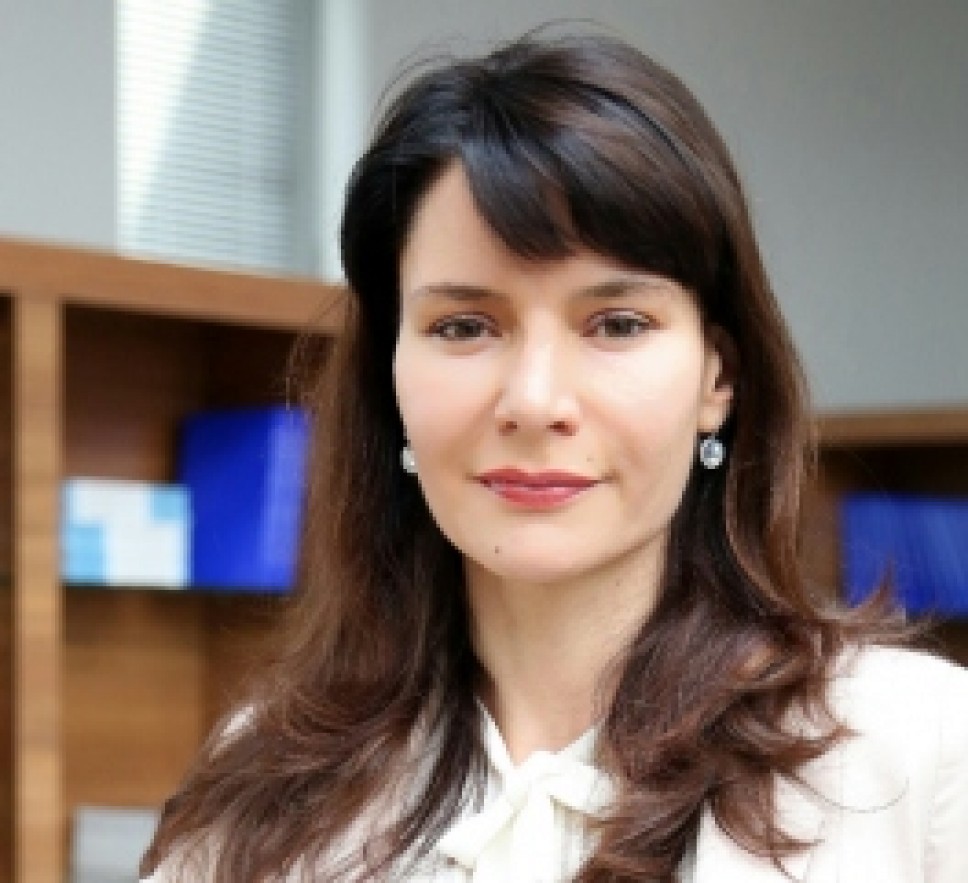 Introducing teaching in English for selected courses on undergraduate and master studies from academic 2021/2022 year is one of benefits brought to the University of Montenegro by the project Fostering Internationalization in Universities in Montenegro through Efficient Strategic Planning.
Introducing teaching in English for selected courses on undergraduate and master studies from academic 2021/2022 year is one of benefits brought to the University of Montenegro by the project Fostering Internationalization in Universities in Montenegro through Efficient Strategic Planning.
About the project named Fostering Internationalization at Montenegrin HEIs through Efficient Strategic Planning – IESP and challenges of internationalization we talked to Vice-Rector of the University of Montenegro, Natasa Kostic, PhD.
UMNE: Rectorate of the University of Montenegro is coordinator of the only structural project approved within Erasmus+ program for capacity building in higher education in Montenegro?
MS KOSTIC, PhD: That’s right, this is a two-year project which implementation started in November 2019, and total budget of the project is 683.014 euros. Project IESP is aimed at improving international competitiveness of the University of Montenegro first of all through providing optimal model for capacity building for various aspects of internationalization.
UMNE: What are the most crucial benefits for the University of Montenegro in project implementation?
MS KOSTIĆ, PhD: Most important benefits for the University are reflected in the development of the Internationalization Strategy with action plan and follow-up documentation, during introduction of teaching in English for selected courses on undergraduate and master studies from academic 2021/2022 year and making teaching materials in English as well as defining criteria for quality estimation of the internationalization process.
We will organize minimum two accredited interdisciplinary summer schools in English starting from July next year and the Language Center for Internationalization at University Level will also be established, with the aim to reinforce internationalization process.
UMNE: One of aims is also enhancement of skills and competences of teaching and administrative staff in the internationalization process?
MS KOSTIĆ, PhD: Project IESP will be focused on several specific goals that include establishing strategic planning in the field of internationalization, then establishing mechanisms for monitoring and evaluation of internationalization as well as promotion of prerequisites for increase of mobility of students, academic, research and non-academic staff.
Specific goals of the project will be implemented though several crucial tasks that will result in defining guidelines for efficient model of internationalization on the University of Montenegro and developing capacity for participation in the internationalization process through staff training and equipment modernization as well as defining necessary tolls for reinforcement of the internationalization process.
UMNE: Does UMNE have sufficient administrative capacities to fulfill ambitious goals concerning internationalization and mobility programs?
MS KOSTIĆ, PhD: The University of Montenegro in the call for financing Erasmus+ projects for capacity building in higher education in 2019 got approved three coordinating projects, with three more partner projects presents maximum permitted number of six projects per institution and best so far achieved result in the level of higher education institution in Montenegro.
The University successfully implements projects in other international programs such as HORIZON 2020, IPA program of cross-border cooperation, program of technical cooperation with International Agency for Atomic Energy. Eureka program and other. Our students as well as academic and non-teaching staff have mobility provided for more than 200 partner universities from over 30 countries worldwide that the University implements cooperation agreements with. These data speak for themselves about our readiness on highest possible level to respond to modern needs of development in the higher education field in Montenegro.
UMNE: Does this mean that the IESP project will reflect on capacities of the University of Montenegro?
MS KOSTIĆ, PhD: Aware of the need for a constant improvement of our institutional capacities, the University will through IESP project improve management processes, decision-making, and creating policies in the field of internationalization and hence having the capacity for more efficient meeting the needs and requirements of Montenegrin society and economy.
Implementation of the Internationalization Strategy will have a positive influence on participation in educational and research programs financed by the European Union, on definition of joint study programs in European universities, as well as introducing and improving teaching in foreign languages in the University. Finally, we will substantially improve conditions for attracting more foreign students to study in Montenegro, resulting in strengthening institutional openness, internationalization and modernization of Montenegrin Higher Education system.
UMNE: To what extent will a successful implementation of the project impact visibility and competiveness of the University?
MS KOSTIĆ, PhD: We expect that the IESP will achieve a significant influence on competitiveness and visibility of the University of Montenegro that will be resulted by improved capacities in the field of internationalization as well as implementation of strategic plans and implementation of concrete measures in this domain.
Key aims of the development of the University have been recognized by the Development Strategy of the University of Montenegro 2019-2024 related to increase of international competitiveness, recognition and visibility in the European space of higher education and European research space. They are fully aligned with the Development Strategy of Higher Education in Montenegro, that emphasizes international activities of universities and need for their full integration into European space of higher education.

